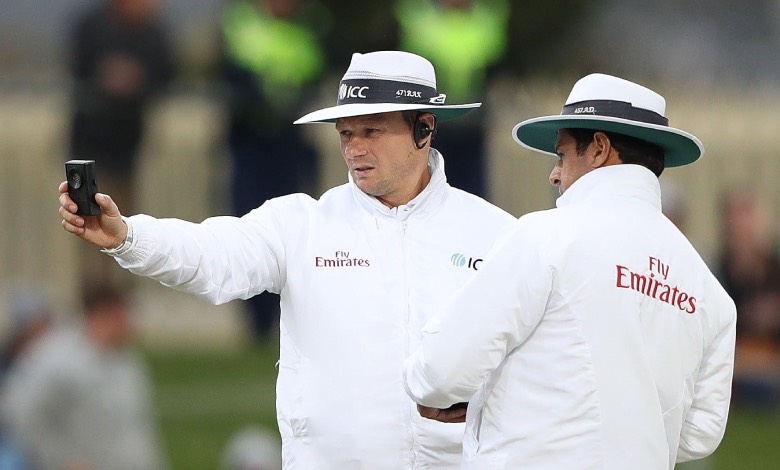ICC Adopts New Rules: More Power to Umpires, ‘Stop Clock’ Introduced in Test Cricket Too

Dubai: The International Cricket Council (ICC) has adopted several important rule changes, originally framed and amended by England’s Marylebone Cricket Club (MCC), which governs the laws of cricket. One of the key changes relates to the use of saliva on the ball. From now on, if a ball has saliva on it, it is no longer mandatory for umpires to replace the ball.
Whether or not to change the ball will now be left entirely to the discretion of the umpires.
Use of saliva is banned in international matches. However, some bowlers were using this rule tactically—deliberately applying saliva on the ball so that it would be deemed unusable and could be replaced with a newer one, potentially benefiting the bowling side. To counter this, the ICC has clarified that unless the ball becomes completely wet or damaged, umpires are not obliged to replace it.
Another major update is the expansion of the “Stop Clock” rule from ODIs to Test matches. Under this rule, the fielding team must be ready to start the next over within 60 seconds of the previous over finishing. If they fail to do so: The umpire will issue two warnings.
Continued violations after two warnings will result in a five-run penalty to the fielding side. All warnings are reset after the 80th over. This rule is now in effect for the new season of the ICC World Test Championship.
Regarding DRS and caught-behind decisions, if a batter is declared out caught behind and opts for a review, but UltraEdge shows no contact with the bat (only the pad), then the batter will be declared not out on the catch appeal. However, if the ball hits the pad and is inline with the stumps, and the original umpire’s decision was out, then the review will also be considered as an LBW review, and the batter can be given out LBW instead of caught.
A change has also been made to the short run rule. If a batter, while attempting a second run, fails to reach the crease on the first run, the fielding captain will now have the authority to decide which batter will face the next delivery. Additionally, the batting side will be penalized 5 runs in such cases.
Another key update: from 2nd July onward, only one ball will be used in ODIs from the 35th over onward, rather than the current practice of using two new balls (one from each end). This change is expected to enhance reverse swing for fast bowlers and aid spin bowlers later in the innings.




